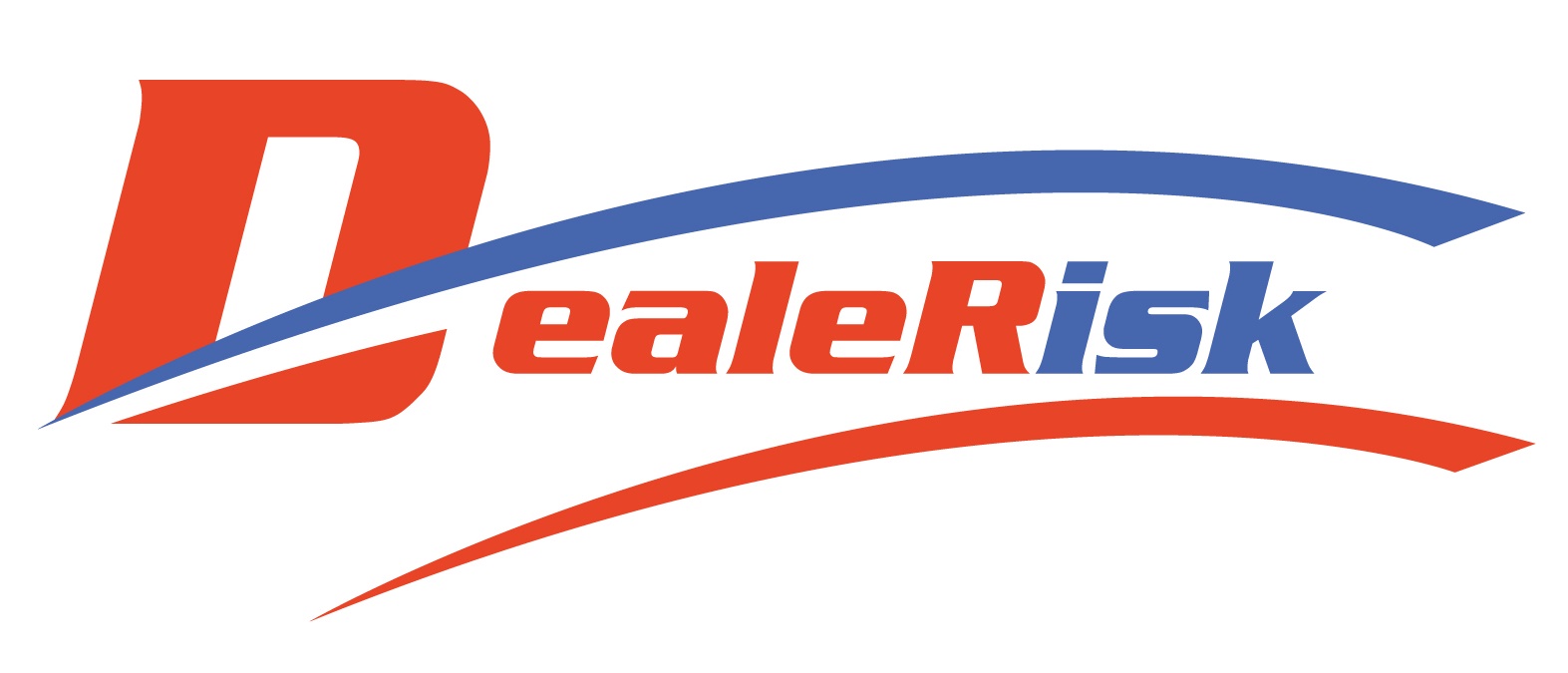Legal Liability vs. Direct Primary
Written by Eric Petersen
Understanding the nuances of insurance coverages for your dealership can be challenging at times. Unfortunately, one of the important coverages that most dealerships need is often not discussed in depth enough by generalist insurance agents, is Garagekeepers Coverage.
Garagekeepers Coverage provides protection for the physical damage to your customer’s units while in your possession for either service or storage.
There are two main considerations when selecting the proper Garagekeepers Coverage; the limit of coverage and the way your coverage responds.
First, the limit of coverage should be high enough to cover the value of all of the customers’ units in your possession at any one time. Since it is very likely that the number of customers’ units at your dealership changes daily, think about what the maximum value per unit could be and multiply that by the number of units you could have in your possession at one time to come up with your Garagekeepers Coverage limit. Of course you will pay insurance premium based on the coverage limit, so it also is wise to identify if you have a desire and financial capacity to self-insure any of this by selecting a lower limit than the true exposure.
The second consideration of Garagekeepers Coverage is selecting when your coverage kicks in when there is damage done to a customer’s unit(s). You can have your policy respond either on a Legal Liability or Direct Primary basis. Let’s dig into each one of those options a bit more:
Legal Liability – When your Garagekeepers Coverage is set up on Legal Liability your policy will pay to repair the physical damage to your customer’s unit when your dealership is legally liable for those damages. In simpler terms, if you or one of your employees damages the customer’s unit, your policy will pay to repair the damage. Your policy will NOT pay for damage caused by theft, vandalism or weather.
This coverage option is a cheaper way to insure your customers’ units, thereby allowing you to save on some insurance premium, but you need to make sure you explain this to your customers in advance so they understand what will and what will not be covered by your dealership’s insurance policy. While explaining this to their customer, many dealerships gain more customer loyalty as they get into conversations with the customer that they normally would not have had. These conversations spread into ensuring that their customers have proper insurance on their units as well as offer the opportunity to sell warranties or additional services that the dealership may provide. Training your team on how to have these conversations is vital for this to work well.
Direct Primary – This coverage option will pay to repair your customer’s unit regardless of how it was damaged while in your care, custody or control.
This is much broader than Legal Liability and therefore demands a higher insurance premium because the dealership’s insurance policy will pay for all weather events, thefts from the lot, hit-and-run accidents, etc.. Some dealerships feel this is a better way to insure their customers’ units as it protects the relationship between the dealership and the customer more. Most customers will expect to have the dealership pay for damages on their unit when it is being kept at the dealership for repair or storage, so this coverage option helps you avoid having those tough conversations with your customers.
As you can see, there is no right or wrong answer in how you set up your Garagekeepers Coverage. The key, though, is consciously selecting the options that will best serve your dealership. To dig into this further for your company, please reach out to a DealeRisk team member today.


Recent Comments